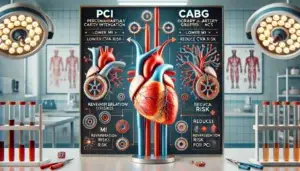
The Feasibility of a National Matching Service for Perfusion Education Program Applicants
As the demand for perfusion education programs (PEPs) grows, many qualified applicants struggle to secure spots due to inconsistent admission processes. This study examines the potential benefits of implementing a national matching service (NMS) for PEP applicants, similar to medical residency matches. By standardizing timelines, eliminating unfair practices, and ensuring efficient applicant-program matching, an NMS could enhance the recruitment process and support the growing need for perfusionists.










